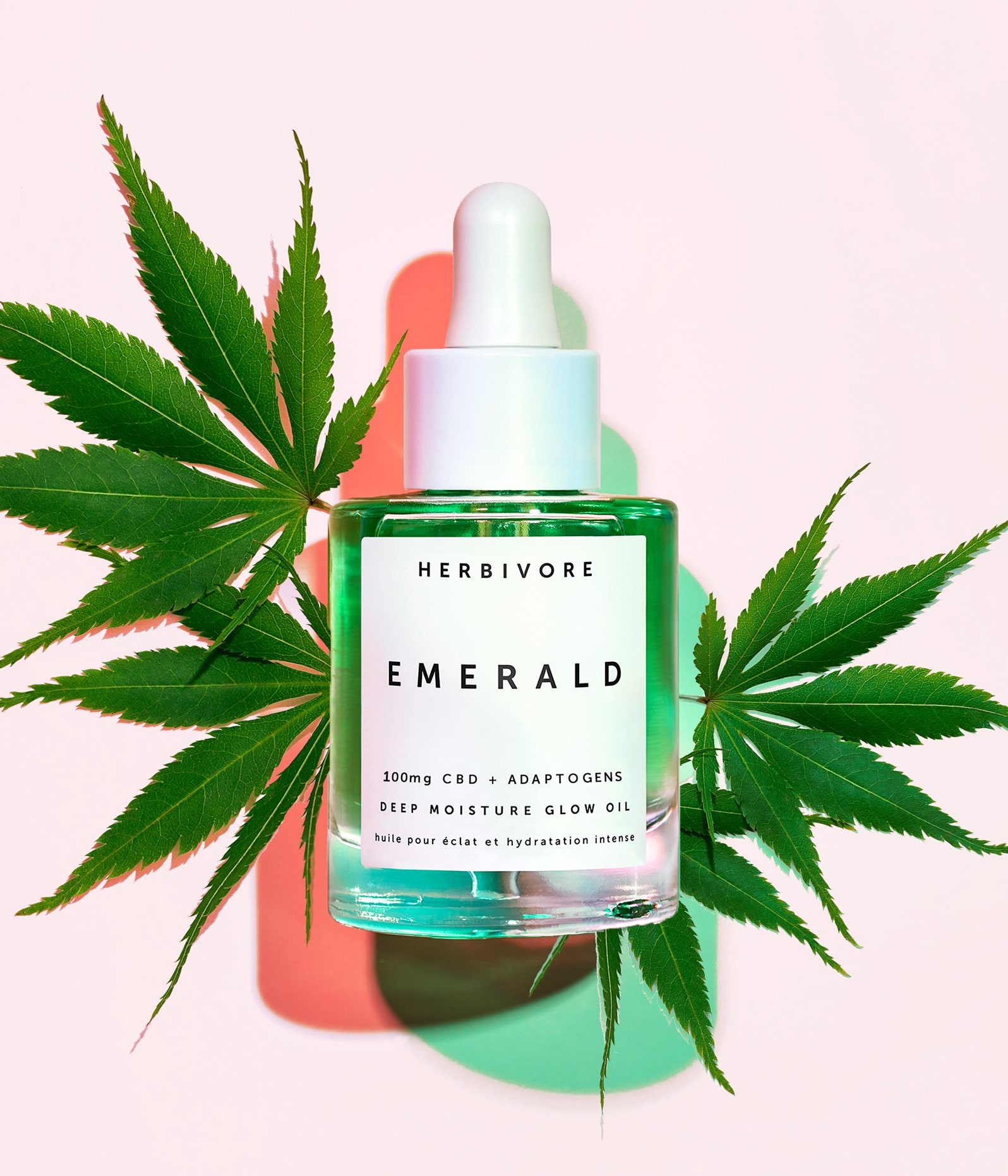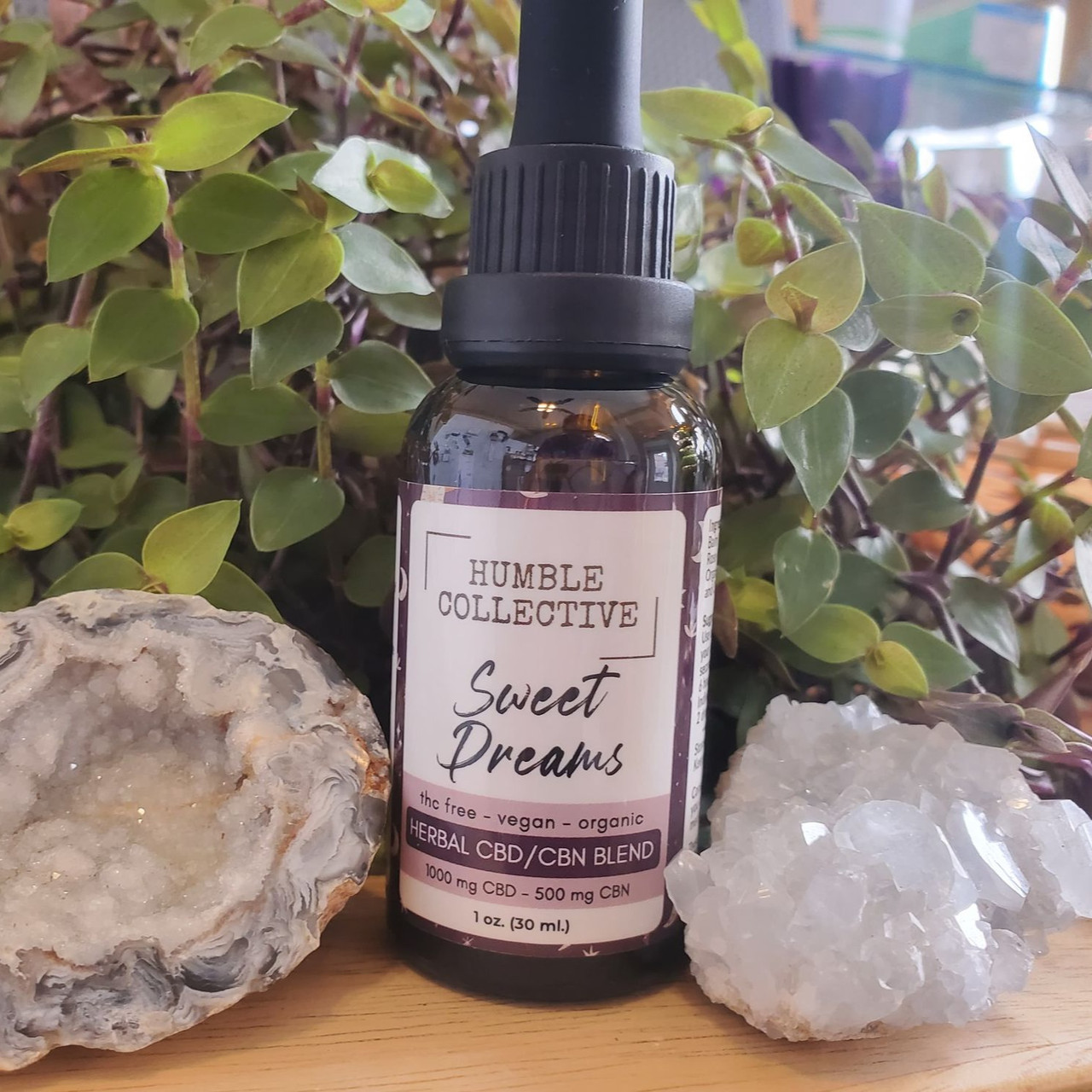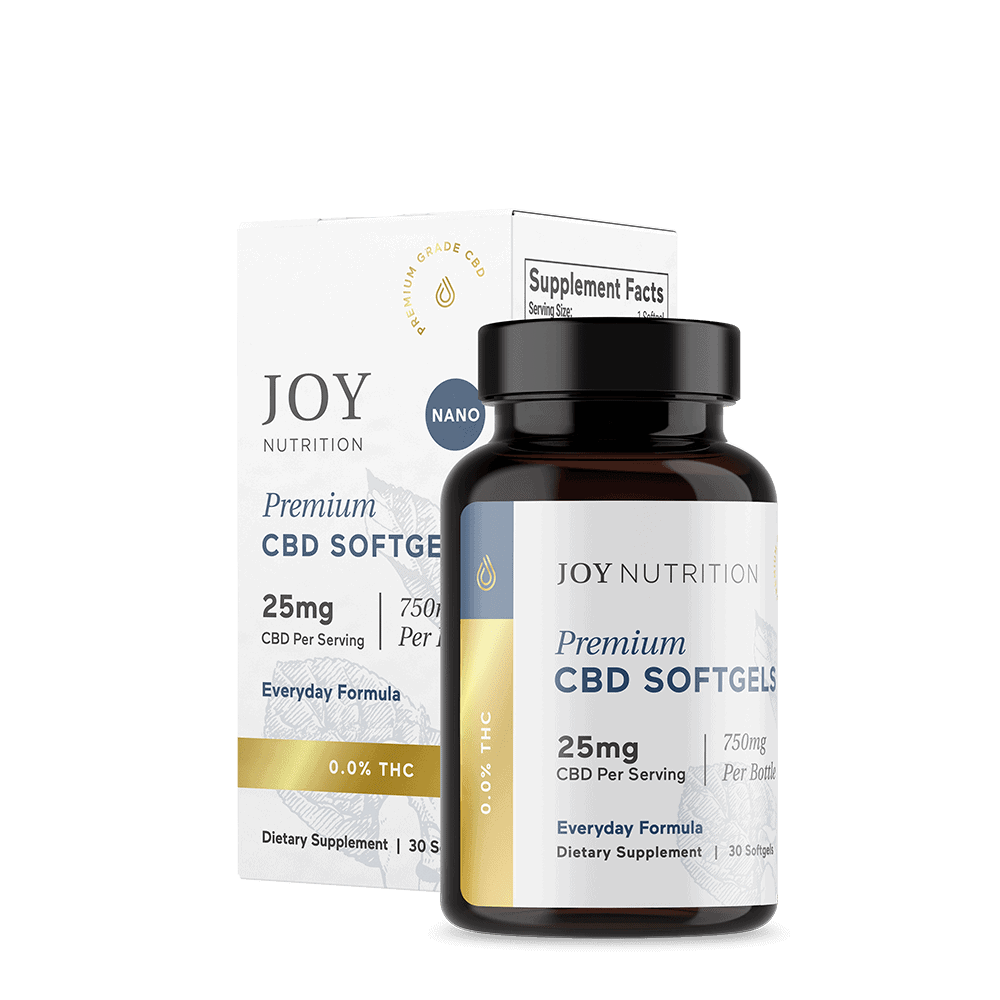
Tennessee has the right conditions to allow you to cultivate hemp for private use. It's an agricultural product, with delta-8 THC, and eligible for crop insurance. However, it is not recommended to cultivate at home, especially in urban or suburban settings. Although it is legal to cultivate at home, it can increase conflict with law enforcement or neighbors. You should also know that it can take quite some time to get a license for hemp.
Smokable hemp is legal in Tennessee
If you are interested to legalize smokable products from hemp in Tennessee, this is the right place. Although Tennessee isn't a leader in cannabis policy reform, it has passed legislation that allows for the cultivation, processing and sale of the plant. House Bill 2445 is the name of the bill. It was passed shortly following President Obama's 2014 Farm Bill.
Tennessee's new law permits the cultivation and sale of hemp with less 0.3% THC. The law also required that growers be licensed by the Department of Agriculture. It clarified that hemp is not marijuana under the state’s controlled substance act. There are still some legal barriers Tennessee hemp farmers have to overcome.
Hemp is an agriculture product
Hemp is an agricultural product that has numerous benefits. It is a renewable source of energy and can be used in various applications. You can use hemp to make paper products and biodegradable materials. It can also be used to make non-toxic medicinal products. It is easy to recognize because it is an agricultural crop.

The Common Agricultural Policy (CAP), of the European Union, offers a variety of support measures for hemp farmers. These include direct payments. These support innovation, supply chains organisation, and organic growing. Hemp farmers could also benefit from the Common Agricultural Policy's second pillar which supports rural development. The Committee for Common Agricultural Markets(COAGM) meets frequently to examine market price changes. Hemp farmers can also opt for voluntary coupled support. France already has this option.
It contains delta-8 THC
Delta-8-THC (a chemical analog of THC) is different from THC because it has a double bond structure in the carbon rings. It is also believed to have a lower affinity for the CB1 receptor than THC and produces a less potent high. Delta-8 THC must be extracted form large amounts of cannabis plants. It can also be chemically synthesized from or transformed into another cannabinoid. The Drug Enforcement Administration (DEA), however considers artificially synthesized Delta-8 THC to be illegal.
Delta-8 THC is abundant on the market. This led to cannabis producers looking for ways that they could make money from this abundance. The industry was able create products with delta-8 CBD for people who needed relief from stress and anxiety using simple chemistry that was first described in the 1960s. These products can now be found in countries and states where cannabis products have been legalized.
It can be used for crop insurance
The 2018 Farm Bill made hemp federally legal and now you can get crop insurance for your hemp crops. The USDA initially covered only fiber, seed, and flower crops. But now, they include hemp CBD crops in their insurance programs. Multi-Peril crop insurance covers you against natural disasters or disease and often includes price and yield protection.
There are two types, Multi-Peril Crop Insurance and Non-Agriculture Program. Multi-Peril Crop Insurance covers you against all insurable losses such as fire, hail, drought and flood. You can also get additional coverage, up to 75 percent of the insured value, with an NAP program.

It is eligible to receive competitive grants
A competitive grant is a funding opportunity for research projects that aim to produce industrial hemp. This grant program supports agricultural research and education. The maximum grant amount is $125,000 per year for four years. You should apply for industrial hemp or canola varieties that provide oil and value added products.
If you want to pursue a hemp farming venture, you'll need a license from your state or tribal government. It's important that you comply with all regulations of the DEA, FDA, USDA. For more information, visit your state's website or contact a local grower's association. Stay informed about deadlines and requirements, so you can be prepared.
FAQ
Which states are the biggest consumers of CBD?
California, Colorado, Oregon, and Washington are the three top states. These states have high populations, high incomes, low unemployment, and large populations. They also have higher levels of hemp farming than other states.
California leads because its economy relies heavily on agriculture. It produces most of the nation's vegetables and fruits. This makes sense since cannabis is derived from the same plant as hemp.
Oregon and Colorado follow closely behind as both states produce medical marijuana. However, unlike California, these two states do not allow the recreational use of marijuana.
Other highly ranked states include Washington and New York, Florida, Illinois. Pennsylvania. Mississippi.
What does CBD's price vary in different states?
Prices for CBD products vary widely depending on where you live. In fact, prices can differ by more than ten times!
The general rule of thumb is that prices rise the farther north you travel. CBD is expensive in Alaska on average at $35 per gram. It costs in Hawaii around $200 pergram.
This trend is continuing across the country. Prices range from $5 up to over $2,500 for a gram.
This is why?
Price variations are due to the different levels of regulation. Some states require that CBD products have very low levels of THC (the psychoactive part of marijuana). Other states don't care what level of THC is present.
This is why some companies decide to sell products in one country and then send them to another.
How big is the global CBD industry?
Euromonitor International reported that the global CBD market was valued in 2015 at $US3.5 billion. This is more than 10% higher than 2014
The report forecasts this figure to reach $US 6.4 billion by 2020, representing an average annual growth rate of 12%.
CBD products are predicted to account for half of all the hemp-derived products globally by 2020.
This includes CBD oils, as well other CBD products, including food, beverages cosmetics, pet care, and CBD oils.
Which countries produce the highest quality CBD products?
The United States is home to the greatest number of CBD products.
High-quality CBD products are also being produced in Canada, Australia and New Zealand.
Can CBD be a part of the future?
Yes. However, it is not because of its medical benefits. Its ability to make people feel better without feeling high is what makes it so attractive.
It is a great alternative to prescription drugs because it doesn't make your feel different.
We know that cannabis can help with anxiety, depression, pain relief, insomnia, and other conditions, as evidenced by numerous studies.
Cannabinoids are also found in cannabis, which interact with brain receptors. This interaction produces feelings of relaxation and well-being.
Cannabidiol (CBD), oil can be used for health purposes. It's therefore important to fully understand its functions and effects.
Are there any common mistakes companies make when entering the US cannabinoid marketplace?
Uncertainty about the regulations for cannabis products is the first mistake. This could lead to you having to modify your product formulation.
The second is not knowing how you should label your product. You need to know if your product contains THC, CBD, or both.
Thirdly, you should understand how to package your product correctly. If your product contains THC you should ensure that it's packaged in child-resistant containers.
Even if your product doesn't contain THC, you must still comply with all packaging laws. There are many states in which cannabidiol is legal.
It is important to track recalls of your products. Customers should be notified as soon as possible if there are any issues with their product.
Statistics
- OralWhere HED is the human equivalent dose, and Km is a correction factor estimated by dividing the average body mass (BM) of the species (60, 0.020, and 0.150 kg for 11 humans, mice, and rats, respectively) and by its surface area (see: Nair et al. (ncbi.nlm.nih.gov)
- As a substance that was federally illegal before the passage of the 2018 Farm Bill, hemp-derived cannabinoids with no more than 0.3% THC still face a regulatory grey area. (forbes.com)
- HR −16 mmHg; 95% CI −26, −6; I2 = 92%) (ncbi.nlm.nih.gov)
- While the primary injury may not be treatable, interventions that attenuate secondary sequelae are likely to be of benefit [203].Only one study (ncbi.nlm.nih.gov)
- A recent study [161] also found that in vitro CBD treatment (i.e., ≤ 2 h exposure to 10 μM) induced ~40% vasorelaxation in isolated (pre-constricted) (ncbi.nlm.nih.gov)
External Links
How To
What are the issues that the CBD industry faces?
The market for CBD products is expanding at an astounding rate. However, there are still many challenges facing businesses looking to enter this space. These include lack of consumer awareness and high costs of entry, limited capital access, and regulatory uncertainty.
Many consumers do not know what CBD is or how it works. This means that they cannot make informed decisions about whether or not to buy CBD products.
As a result, most CBD companies rely heavily on word-of-mouth marketing. This is costly, as it requires advertising and the hiring of staff to promote their brand.
High production costs are another problem facing new entrants in the CBD industry. It is very expensive to obtain the raw materials required for CBD products. To make CBD oil, hemp must be grown in certain climates and soil types.
For CBD oil to be produced, you need to plant enough hemp. This costs about $1,000 an acre. As a result, many small farmers cannot afford to start.
A lack of capital access is another problem that CBD market newcomers face. Due to the stigma surrounding the industry, banks discourage many people who wish to start businesses.
The sale of CBD products is still subject to regulatory uncertainty. There are no established guidelines regarding the marketing of CBD products.
Although states have passed laws restricting CBD products sales, these policies are not yet national.
Only Nevada, Maine, and Nevada have legalized recreational pot.
Massachusetts and Michigan, however, are exploring similar options.
These changes could result in increased competition between CBD manufacturer.
As a result of these factors, many entrepreneurs choose to work from home rather than start a physical business.